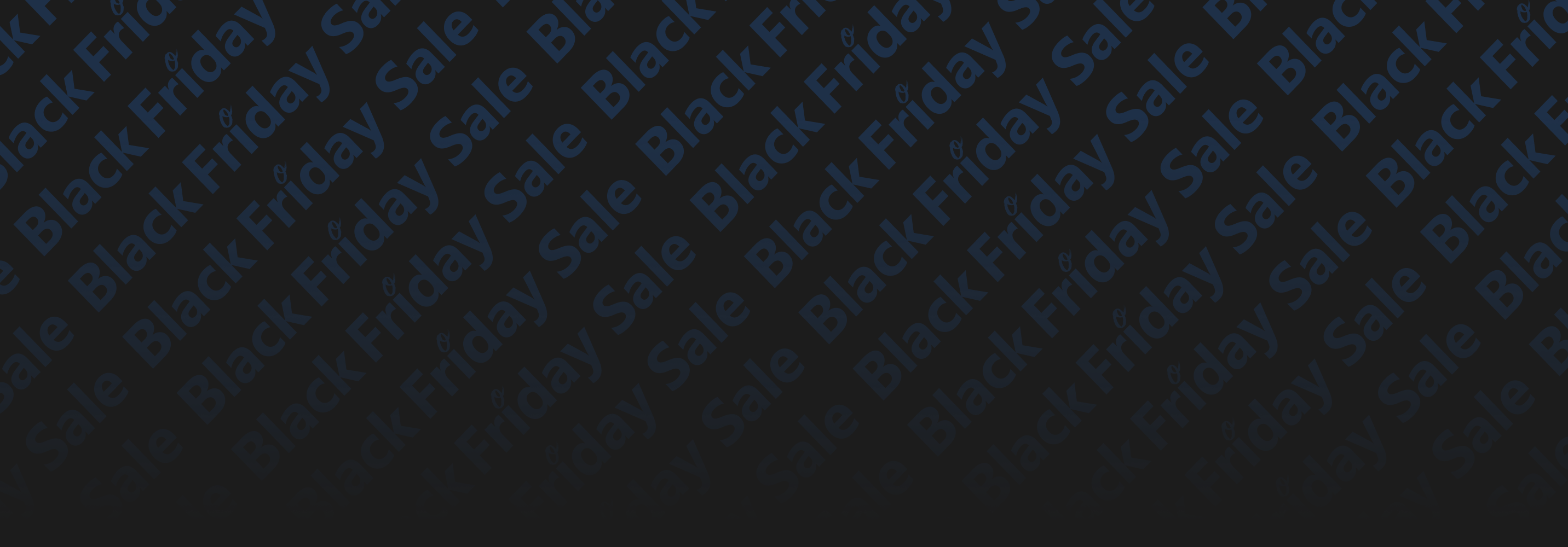Trips and Tours to OlympiaExplore the birthplace of the Olympics on a guided tour
When do you want to go?
2024
I'm flexible
Passengers
Adults (18+)
Children (0 - 17)
Visit Olympia
The birthplace of the Olympic games, one of the most popular sporting events in history, that has retained its cultural significance to this day. Today the town is home to many archaeological sites, including the place where the ancient Olympic games took place and worship sites that were dedicated to the Zeus, king of the Olympic gods. Discover the ruins of this ancient city on a guided tour and take a step back in time to the origins of the Olympics.
Olympia is also home to the Pelopion tomb, the resting place of the quasi-mythical king Pelops said to be a descendant of the Trojan war kings Agamemnon and Menelaus, the existence of this tomb suggests Pelops may not have been entirely mythical. You can also visit the workshop of Phidias, the sculptor of the 41-foot-tall statue of Zeus, considered to be one of the Seven Wonders of the Ancient World.
Tours to Olympia
With so much to see there is no better way to explore Olympia than on a guided tour. gain a deeper insight into the history of the Olympics, Phidias and Olympia as a whole when you join us on an escorted tour to Olympia. Discover our range of Greek tours that visit Olympia as well as many other historical, beautiful, and fun spots in Greece.
What to expect in Olympia, Greece
Walking through Olympia, you feel the weight of history and the enduring legacy of the Olympic Games. The site's tranquil atmosphere contrasts with the grand scale of its ancient structures, creating a unique blend of reflection and wonder. Olympia is one of the most significant archaeological sites of ancient Greece, renowned as the birthplace of the Olympic Games. Nestled in a lush valley between the Alfeiós and Kladeós rivers, the landscape is peaceful with ancient olive trees and cypress groves adding to the area's natural beauty. As you explore, you'll encounter the ruins of ancient temples, such as the Temple of Zeus, once home to one of the Seven Wonders of the Ancient World—the massive gold and ivory statue of Zeus. Though the statue is long gone, the temple's grand columns and massive stones give a sense of its former majesty. Nearby, the Temple of Hera is one of the oldest temples in Greece, where the flame for the modern Olympic Games is still lit every four years.
The archaeological site also includes the remains of the ancient stadium where the original Olympic Games were held. You can walk down the same track where athletes competed millennia ago, imagining the excitement of the ancient competitions. The stadium is surprisingly simple, with grassy banks where spectators would have sat. In addition to the outdoor ruins, the Archaeological Museum of Olympia houses a vast collection of artifacts discovered at the site. Here, you can see the famous Hermes of Praxiteles, a stunning marble statue, and countless other treasures that reveal the richness of ancient Greek art and culture. The museum provides valuable context, helping visitors to understand the significance of the site and the daily life of those who once lived and worshiped here.
What to see in Olympia

Temple of Zeus
Visiting the Temple of Zeus in Olympia is a journey into the heart of ancient Greece. Once the largest temple in the Peloponnese, it housed the magnificent statue of Zeus, a wonder of the ancient world crafted by Phidias. Although the statue is lost to time, you can still see some of the ruins of columns and walls that are a testament to the size and architecture of this once grand temple. Standing among the remnants of this colossal structure, you can almost feel the reverence and power that defined this sacred site, making it a profound highlight of any visit to Olympia.

Ancient Olympic stadium
Visiting the ancient Olympic Stadium in Olympia is a powerful experience, as you stand on the very ground where athletes once competed over two thousand years ago. The stadium, simple yet monumental, with its grassy banks and earthen track, transports you back to the origins of the Olympic Games. Walking the length of the stadium, you can almost hear the echoes of the past, imagining the roar of the crowds and the intensity of the competitions that laid the foundation for the modern Olympic movement. A must visit for any fan of the Olympics, getting to stand where the games began thousands of years ago is a monumental feeling.

Archaeological Museum of Olympia
The Archaeological Museum of Olympia houses many priceless artifacts found in Olympia, exhibiting the towns rich history and artistry. The museum, located near the ancient site, houses a remarkable collection of artifacts, including the renowned Hermes of Praxiteles, exquisite sculptures from the Temple of Zeus, and countless relics from the original Olympic Games. As you explore the museum's exhibits, you gain a deeper understanding of Olympia's significance and the cultural achievements of the ancient Greeks, all within a modern, well-curated space that complements the historical site.
When is the best time to visit Olympia
The best time to visit Olympia, is during the spring or early autumn. In these seasons, the weather is mild and pleasant, with fewer crowds compared to the peak summer months. Spring brings blooming flowers and lush greenery, enhancing the beauty of the archaeological site. Autumn offers a similar experience, with cooler temperatures and a serene atmosphere. Visiting during these times allows you to explore the ancient ruins and museums comfortably, without the intense heat or the large tourist crowds of the summer.
Conclusion
Visiting Olympia on a guided tour offers a deeper and more enriching visit, bringing the ancient site to life in ways that are hard to achieve on your own. A knowledgeable guide provides valuable insights into the history, mythology, and cultural significance of Olympia, helping you to appreciate the intricate details and stories behind the ruins and artifacts. The guide's expertise can also answer any questions you might have, ensuring you don't miss any hidden gems. With a guided tour, you gain a more complete understanding of Olympia's legacy, making your visit not only informative but truly unforgettable.
Frequently asked questions
What was the purpose of the ancient Olympic Games?
The ancient Olympic Games were held in honour of Zeus, the king of the gods, and were a religious and athletic festival. They took place every four years and were one of the most important events in ancient Greece, drawing athletes and spectators from across the Greek world.
How long does it take to explore the archaeological site of Olympia?
Typically, it takes about 2 to 3 hours to explore the archaeological site, depending on your pace and interest in the ruins. Adding a visit to the Archaeological Museum of Olympia can extend your visit by another 1 to 2 hours.
What are the most important ruins to see at Olympia?
The must-see ruins include the Temple of Zeus, the Temple of Hera, the ancient stadium, and the Philippeion. Each of these sites holds significant historical and cultural importance.
Is the site of Olympia accessible for people with mobility issues?
The site has uneven terrain, and some areas might be challenging for those with mobility issues. However, there are some paths and areas that are accessible, and the museum is equipped with facilities for visitors with disabilities.
Can you still see the statue of Zeus at Olympia?
Unfortunately, the statue of Zeus, one of the Seven Wonders of the Ancient World, no longer exists. It was lost or destroyed in antiquity. However, you can see the remains of the Temple of Zeus where the statue once stood.
What is the significance of the flame in modern Olympic Games?
The Olympic flame tradition originates from Olympia, where the flame is lit at the Temple of Hera before every modern Olympic Games. This ceremony symbolizes the connection between the ancient and modern games and the continuity of the Olympic spirit.
Are there any special events or re-enactments at Olympia?
While there are no regular reenactments, special events occasionally take place, especially related to the Olympic torch relay. Visitors might also experience cultural performances or educational programs depending on the time of year.
Greece travel guides
Plan your Greece tour with our range of useful travel guides, packed with information relating to weather, currency, visas, things to see and so much more!
The best of our Greece trips
From ancient monuments to sun-kissed islands in the Aegean Sea, Greece has something for everyone. Here are the places in Greece that you really won't want to miss, including the legendary hill-top Acropolis in Athens, the whitewashed villages of Santorini and the blissful beaches of Mykonos. You can see them all with an On The Go Tours Greece package!
Explore similar countries to Greece
Our customers say
Excellent
4.4 out of 5 based on 275 reviews




















